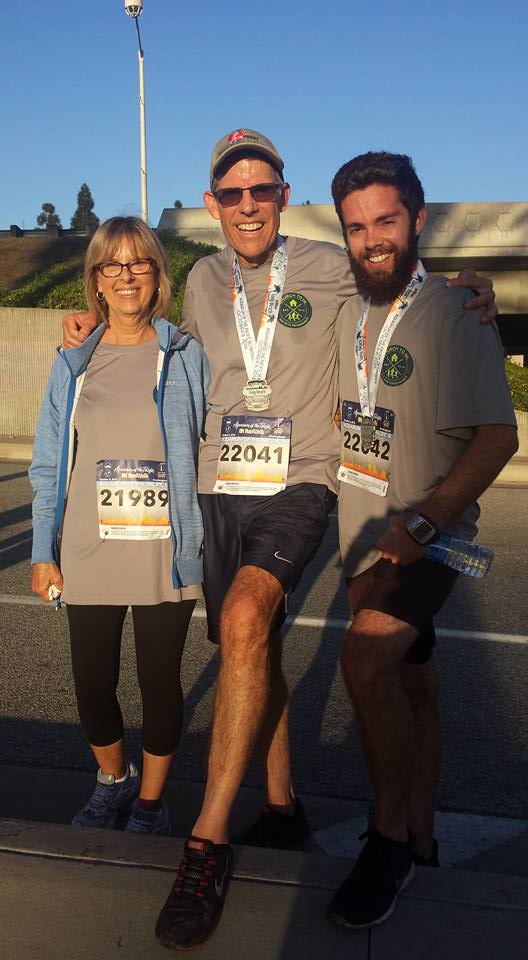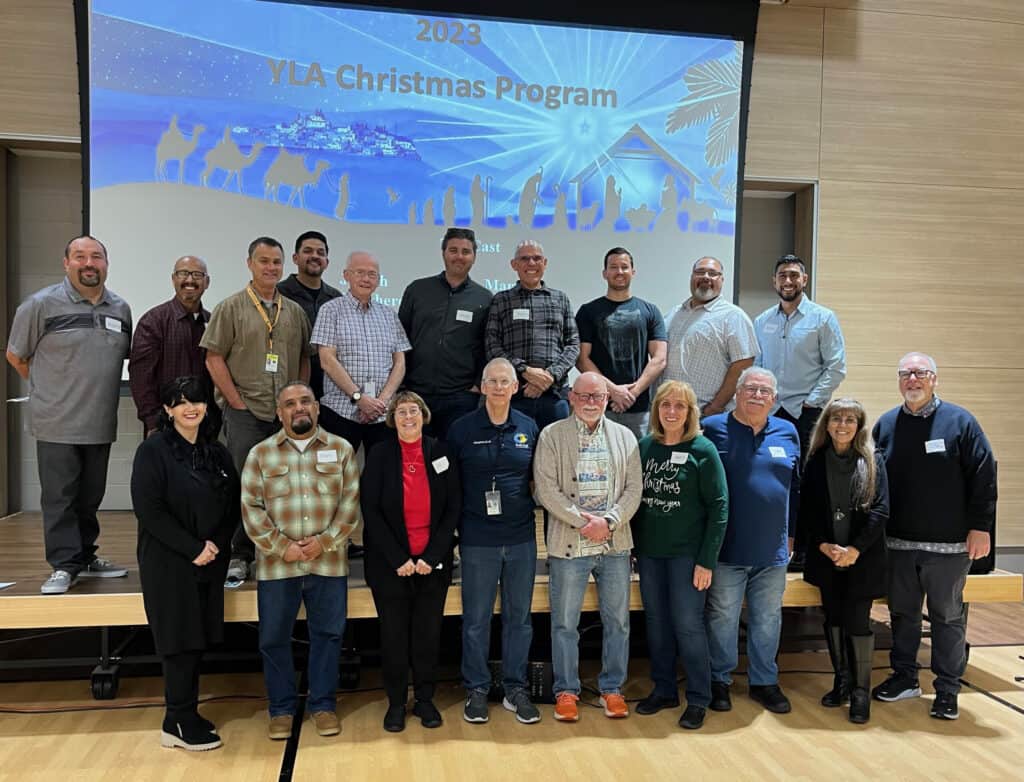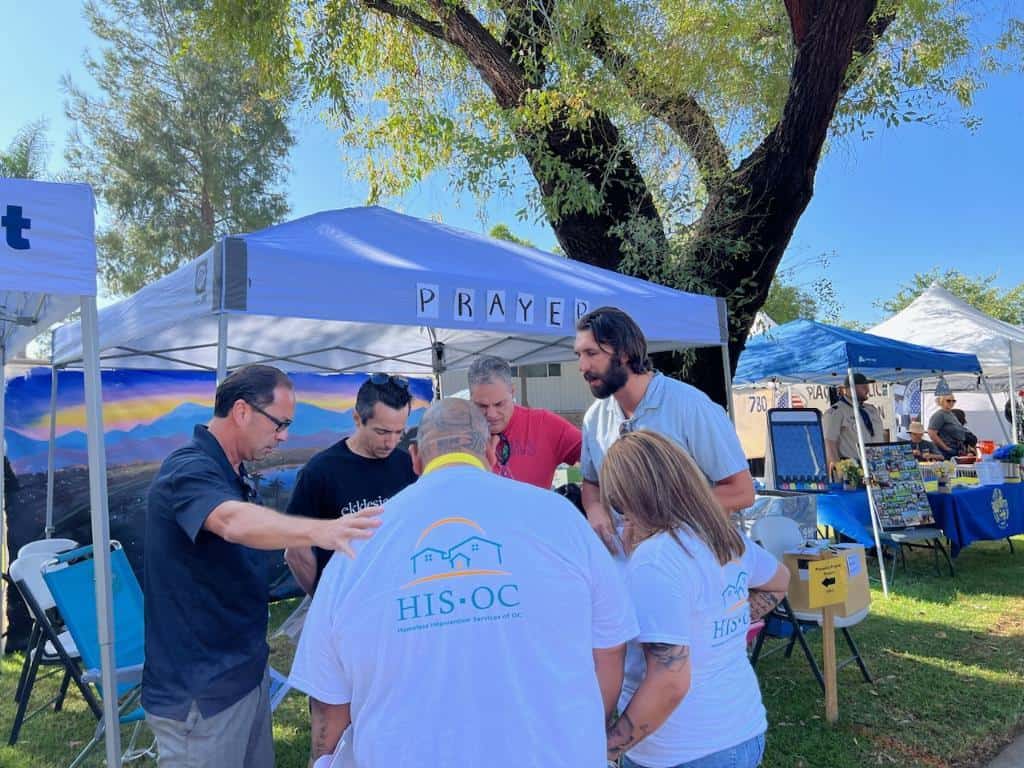
A few years back I read a book called Born to Run. The author weaves several stories together as he slowly draws the reader toward the recounting of an endurance footrace that took place in the “badlands” of northern Mexico.
One of the stories recounts how the author’s own recurring injuries from running led him on an investigative journey to find out why running hurt him. Along the way he learned a new way to run that culminated in his own participation in this mad race in the middle of nowhere. It also brought him into relationship with a cluster of very intense, class A runners (both American and Tarahumara Indian)—people who were far more capable than he. But they welcomed him into the race.
As he recounts the end of the race, he describes how the first to cross the finish line turned back to greet and accompany each one that followed:
Manuel Luna had dropped out halfway. Though he’d done his best to come through for Caballo, the ache of his son’s death left him too leaden to compete. But while he couldn’t get his heart into racing, he was fully committed to one of the racers. Manuel prowled up and down the road, watching for Barefoot Ted. Soon, he was joined by Arnulfo….and Scott….and Jenn and Billy. Something odd began to happen: as the runners got slower, the cheers got wilder. Every time a racer struggled across the finish—Luis and Porfilio, Eric and Barefoot Ted—they immediately turned around and began calling home the runners still out there.
[The author was dead last, running alone] …from out of those milky shadows, emerged the lone wanderer of the High Sierras.
“Want some company?” Caballo said.
“love it.”
Together we clattered across the swaying bridge, the cool air off the river making me feel oddly weightless. When we hit the stretch into town, trumpets began blasting. Side by side, stride for stride, Caballo and I ran into [the village of] Urique. ‘…you were amazing.’ Scott said (Born to Run, p. 272, 273).
I have to admit I teared up as I read this passage. Two thoughts turned over in my mind. First, as I read the above passage, I recalled the image described in Hebrews 11 through 12:1 and I could picture the “heroes of the faith,” folks like Abraham and Sarah, David and Paul, running to meet people like you and me as we finish the race and join them over the finish line. We enter the “stadium” with millions or billions more cheering us on as we enter…I cannot wait for that moment!
But competing with that thought was the writer’s own sense that he had become part of something larger than himself.

These professional runners had made him a belonger in their society and the villagers had welcomed him in as part of their ‘family.’ For that moment he ceased being an exhausted and isolated individual and revived as he tasted real community.
A deep longing for connection was met in an exhausting race with a bunch of crazy people at the bottom of a fearsome gorge. My heart was broken for this guy and the millions of people that he represents that live generally disconnected lives in our fractured society. People that should be finding the ultimate connection with God–through Jesus and His Church.
Would it ever occur to the writer to seek that kind of connection among us? And what kind of reception would await him if he did? A key component to The Lab is our mission to impress upon participants the vital role of fellowship in the ordinary life of Christians—both in the larger church as well as among leaders.
None of us should run alone.


